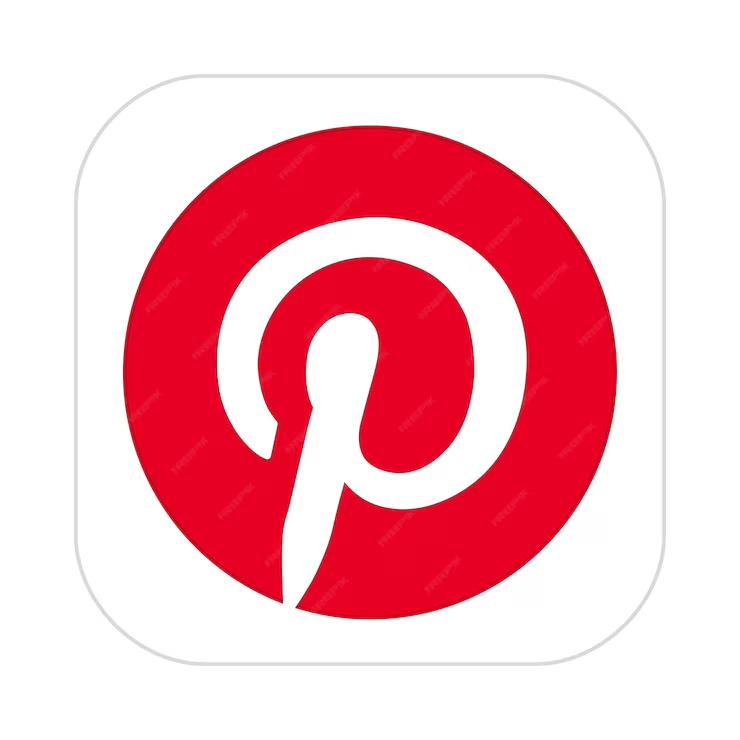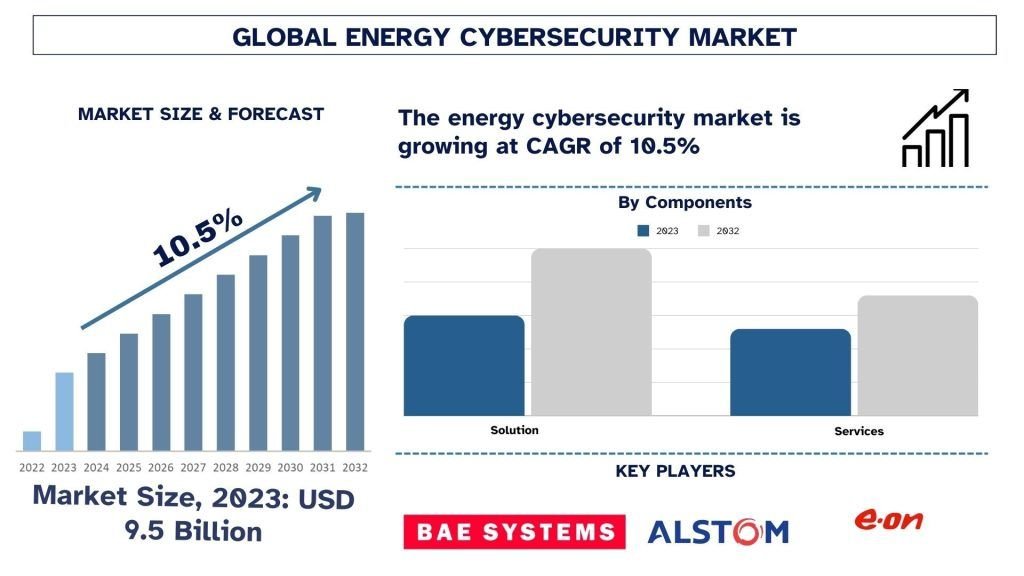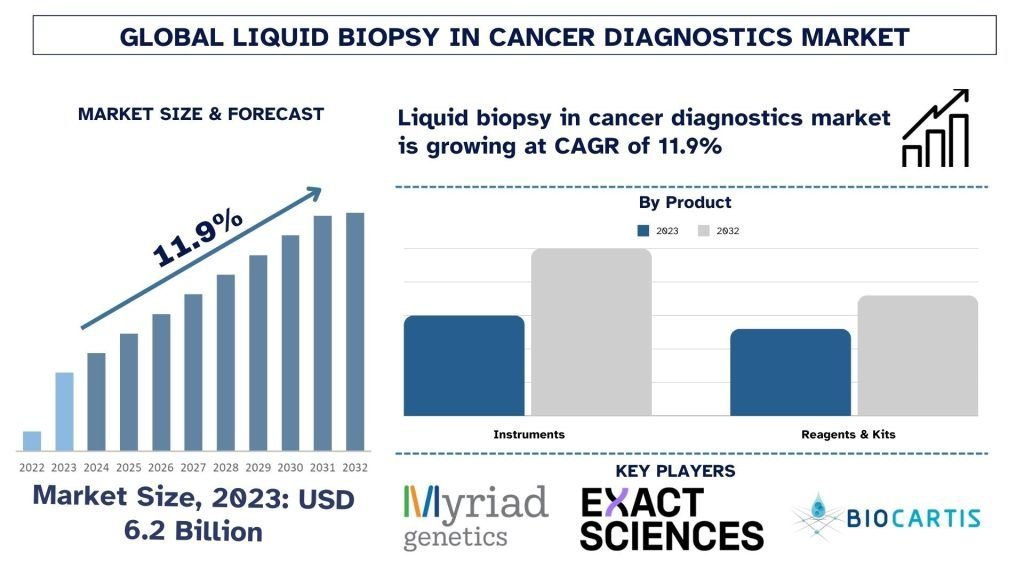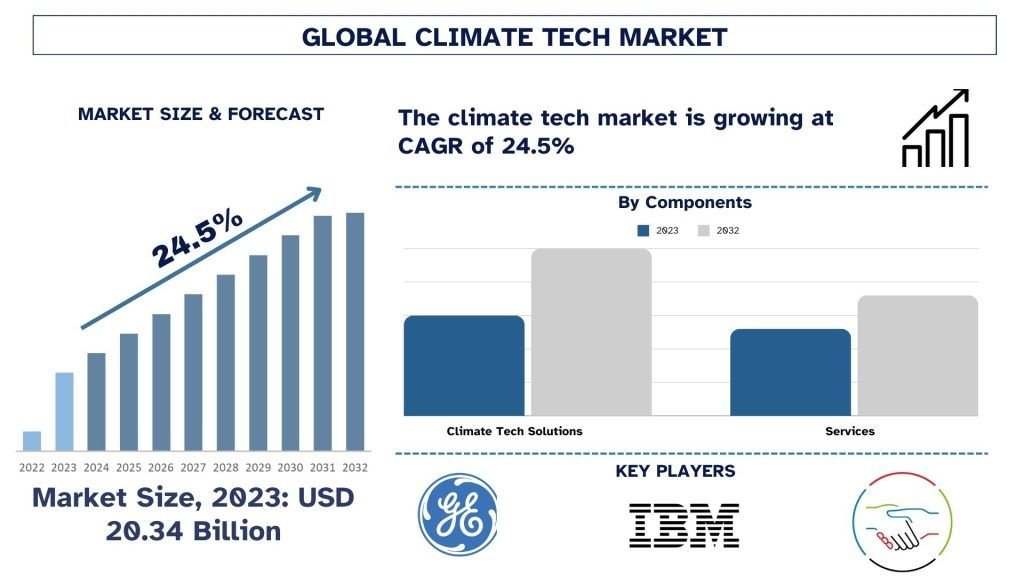In the ever-evolving digital landscape, platforms like Facebook, Instagram, and Twitter dominate discussions about social media. But where does Pinterest fit in? While it shares some characteristics with traditional social networks, its functionality and user intent set it apart. So, is Pinterest social media, or does it belong in a category of its own? Let’s explore its unique features and potential for businesses, creators, and users alike.
Understanding Pinterest as a Social Media Platform
Pinterest, launched in 2010, allows users to discover and save ideas using visual bookmarks known as Pins. Unlike conventional social media platforms where real-time engagement and conversations drive interactions, Pinterest functions more like a search engine infused with social elements.
Here are a few key aspects that highlight its differences and similarities with social media:
- Content Discovery vs. Social Interaction: Unlike platforms focused on personal updates and direct conversations, Pinterest emphasizes discovery. Users browse images, videos, and infographics rather than engaging in discussions.
- Algorithm-Driven Feed: Similar to platforms like Instagram and TikTok, Pinterest uses an algorithm to suggest content based on user behavior. However, its focus is more on evergreen content rather than trending topics.
- Limited Social Engagement: While Pinterest allows for comments, likes, and follows, its engagement features are less prominent compared to platforms like Facebook or Twitter. The primary interaction is saving and organizing Pins.
- User Intent: Most people visit Pinterest to find inspiration, plan projects, and explore ideas, whereas traditional social media platforms are often used for networking and communication.
Given these characteristics, Pinterest does have social media elements but operates more like a visual discovery engine, making it a hybrid between a search engine and a social network.
The True Potential of Pinterest
While Pinterest may not be the typical social media platform, it holds immense potential for businesses, creators, and individuals looking to grow their online presence. Here’s how:
1. A Visual Search Engine for Ideas and Products
Pinterest is often described as a “visual search engine,” and for good reason. Users turn to the platform to discover new ideas, whether for home decor, fashion, recipes, or business strategies. The search functionality allows users to find highly relevant content based on their interests.
For businesses, this presents a unique opportunity. Brands can optimize their Pins with relevant keywords, high-quality images, and engaging descriptions to increase visibility. This SEO-driven approach ensures that content remains discoverable long after it’s posted, unlike the fleeting nature of posts on other social platforms.
2. A Powerful Tool for E-Commerce and Traffic Generation
Pinterest is a goldmine for e-commerce businesses. The platform’s “Shop the Look” feature and direct product links enable seamless shopping experiences. Since many users visit Pinterest with the intent to buy, it serves as a powerful marketing channel for online retailers.
Additionally, Pinterest drives substantial referral traffic to websites. Unlike Instagram or Facebook, where external links are often restricted, every Pin can lead back to a blog, product page, or landing page. This makes it an excellent platform for brands looking to boost their website traffic and conversions.
3. A Long Lifespan for Content
One of Pinterest’s greatest strengths is its evergreen content. On platforms like Twitter and Instagram, posts have a short lifespan—often only a few hours to a day. In contrast, Pins can continue gaining traction for months or even years.
This long lifespan means that businesses and content creators can generate sustained traffic and engagement from a single well-optimized Pin. By consistently pinning high-quality content, users can build a steady stream of organic reach without the constant need for new posts.
4. A Unique Space for Niche Communities
Although Pinterest is not as conversation-driven as Facebook or LinkedIn, it fosters niche communities through shared interests. Users follow boards and Pinners who curate content that aligns with their passions. This makes Pinterest an excellent platform for brands and influencers to establish authority in a specific niche.
For example, a fitness brand can create boards featuring workout routines, nutrition tips, and motivational quotes, attracting a dedicated audience interested in health and wellness. Similarly, travel bloggers can curate destination guides and packing lists, drawing in engaged followers.
5. A Rising Trend in Video Content
While Pinterest has traditionally been image-focused, it has been expanding its video capabilities. Video Pins and Idea Pins (multi-page, interactive Pins) allow creators to share engaging content that keeps users on the platform longer.
This shift aligns Pinterest with broader social media trends, as video content continues to dominate online engagement. For businesses, incorporating video into their Pinterest strategy can enhance visibility and capture audience attention more effectively.
Is Pinterest Social Media or Something More?
So, is Pinterest social media? The answer is both yes and no. While it incorporates social elements, its primary function is discovery and inspiration rather than interaction. Unlike platforms driven by likes, shares, and comments, Pinterest is fueled by searches, saves, and clicks.
For businesses, content creators, and marketers, Pinterest’s hybrid nature offers a unique advantage. It combines the longevity and searchability of a search engine with the visual appeal of social media, making it an ideal platform for long-term engagement and brand growth.
Final Thoughts
Pinterest may not fit the traditional definition of social media, but its impact is undeniable. Whether you’re an entrepreneur, a blogger, or a brand, leveraging Pinterest can help drive traffic, increase sales, and establish a lasting online presence.
As the platform continues to evolve, those who recognize its potential beyond just “social media” will be best positioned to harness its power for success. If you haven’t started using Pinterest strategically, now is the time to explore its full potential.












Leave a Reply